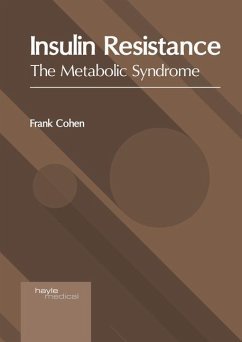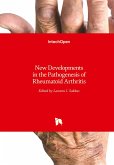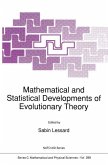Insulin resistance (IR) is a pathological condition characterized by the failure of the cells of the human body to respond normally to the hormone insulin. When the carbohydrate in food is digested, glucose gets released into the bloodstream, thus triggering the release of insulin. Normally, this activity initiates glucose absorption by the body cells which is used for energy, thus causing blood glucose levels to decrease and stay within an acceptable range even with a high carbohydrate intake. In the case of insulin resistance, cells are resistant to insulin and therefore cannot use it efficiently. This leads to high blood sugar. The body thus increases insulin production, which can contribute to obesity, type 2 diabetes or latent autoimmune diabetes in adults. Insulin resistance may arise due to pathologies such as liver diseases, hemochromatosis, obesity, metabolic syndrome, etc. It can also have genetic influences and be triggered by environmental factors, lifestyle choices or lack of a proper diet. This book discusses the fundamentals as well as modern approaches in the management of insulin resistance. It unravels the recent studies in the pathophysiology of insulin resistance. This book is a vital tool for all researching or studying this medical condition.
Hinweis: Dieser Artikel kann nur an eine deutsche Lieferadresse ausgeliefert werden.
Hinweis: Dieser Artikel kann nur an eine deutsche Lieferadresse ausgeliefert werden.








